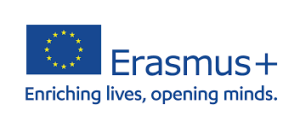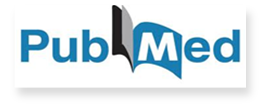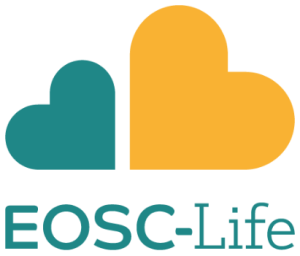Dear colleagues,
First of all, it feels like about 1000mm of rain has come down over the city recently and mixed with heavy wind we really notice that the fall is upon us. A few important things have happened since the last newsletter came out, but could this give us a glimpse of sunshine?
I would like to congratulate Sweden with the Nobel prize in medicine which went to Svante Pääbo (located at Max Planck Institute) for his work on mapping the genome of the Neanderthals!
Another major happening was the state budget published on October 6, and it was interesting to see what was relevant for our sector. First of all, we were curious if an increase in the number of medical students to Bergen was mentioned. It was not, but 30 extra students were given to Tromsø. As promised, they removed the ABE-cut which corresponds to more than 200 million, but this cut is replaced by another slightly bigger cut to support “new initiatives and re-prioritization within the higher education and research sector”. In addition, there will be a higher employer’s tax that could lead to an extra bill for us, but this is a bit unclear still. There is also an additional cut due to changes in traveling habits, about three times as much as for 2022. So, in short, we could unfortunately not find anything in the state budget that appears to improve our department economy. For the students, there was a suggestion in the state budget that students from outside EU/EØS/Switzerland must pay tuition fees for studying in Norway (Foreslår at utenlandsstudenter må betale (khrono.no)).
Regarding the state budget and the effect on the Norwegian Research Council, the council leaders indicate that “the Research Council will get the necessary time and flexibility so that no further measures are necessary now. The grants to the Research Council will be at a high and stable level going forward.” They further state that this means that it will be possible to apply for FRIPRO during the first half of 2023 and that the successful projects are awarded funding early in 2024. (Gode nyheter for Forsknings-Norge (forskningsradet.no)). However, no details have been announced yet. Nevertheless, you should have a look at the call for scientific renewal with a deadline in early February, where you can apply for research projects in certain categories, the most relevant for you is probably the health category (Forskerprosjekt for fornyelse (forskningsradet.no)). This call is also open for applications from young researchers.
When it comes to the revised long-term plan for research and higher education that also was put forward in the same period there were many interesting aspects. One is that the government will require that the Research Council award 25% of applications. It remains to see how this will be implemented when the budget is not increased. There will be a focus on facilitating so that researchers spend less time on applications, which I think in principle could be a good thing. The two main research missions that the government will focus on in this long-term plan are: 1. “sustainable feed: All feed for livestock and farmed fish must come from sustainable sources.” 2. “Include more children and young people in education, work and social life.”. These two goals are described as the two “moon landing projects” for this period (To nye «månelandinger» og mindre søknadsbyråkrati (khrono.no)). In this link you will also find other main goals and thematic priorities etc. Key words are strengthening innovation, sustainability, and high quality and availability in research and higher education.
UiB are looking at ways to reduce the electric bill and one of the consequences is that the temperature will be set permanently to 21 degrees in all our offices and common area. The temperature in the laboratories will not be changed or affected.
It seems like the fall is still upon us, but the fall can also be a nice and productive time of the year.
I wish you all a great week!














